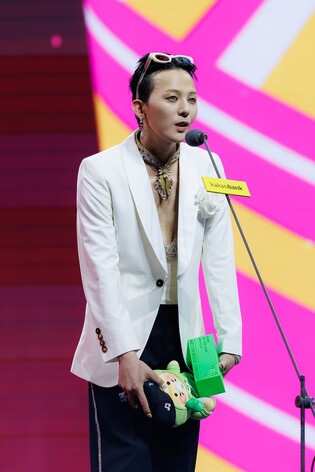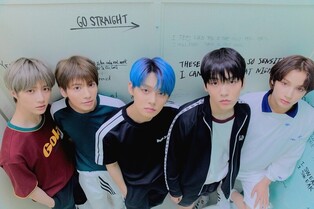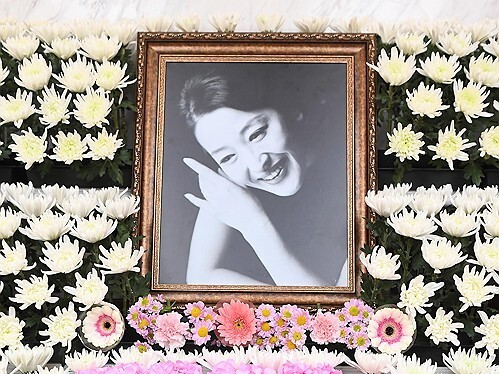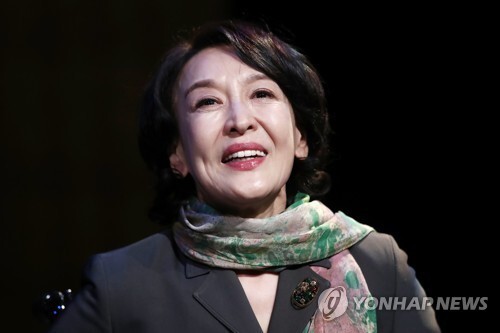 |
| ▲ Businesspeople of South Korea and the United States pose for photos at the Federation of Korean Industries (FKI) building in Seoul during the 33rd Korea-U.S. Business Council held in a hybrid format, on Nov. 9, 2021. (Yonhap) |
S Korea-US-biz lobbies
Biz lobbies of S. Korea, U.S. discuss IRA, economic cooperation at annual meeting
By Kim Seung-yeon
SEOUL, Oct. 20 (Yonhap) -- Business lobbies of South Korea and the United States held an annual conference Thursday on efforts to enhance economic cooperation, with the new U.S. law on electric vehicles (EV) that Korea has called discriminatory topping the agenda.
The conference, co-hosted by the two countries' key business lobbies, came as South Korean government and industries have raised serious concerns over the U.S. Inflation Reduction Act (IRA), which calls for giving tax credits to EV buyers only if the cars were assembled in North America.
Korean businesses have voiced the need to allow exceptions for Korean automakers.
"The implementation of the IRA is already having a real impact on sales of Korean products in the U.S., and countermeasures seem urgent as public opinion here is worsening," Huh Chang-soo, chair of the Federation of Korean Industries (FKI), said at the 34th Korea-U.S. Business Council, co-hosted by the U.S. Chamber of Commerce.
"As Korea and the United States are the closest allies in the fields of security and economy, I hope that the current challenges can be wisely resolved between the leaders of the two countries," Huh said.
South Korea has said the unequal provisions in the law, enacted in August, will deal a heavy blow to the Korean companies, like Hyundai Motor Co. and Kia Corp., as they make EVs at domestic plants for export to the U.S.
The IRA also affects Korean battery makers as it will require EV batteries to be made with a certain portion of minerals mined or processed in the U.S., or countries or regions that have free trade agreements (FTA) with Washington. The required portion of the components will increase over the years.
South Korea has been making all-out efforts, at both the government and business levels, to create exceptions for Korean-made EVs.
The lobby groups were expected to adopt a joint statement after the meeting, which would include commitments to resolving the IRA issue in a way that would minimize the discriminatory elements.
Noting the close economic ties between the two countries, Huh stressed the need for government-level policy cooperation to ensure stable global supply chain, through "in-depth discussions" on the U.S.-led Indo-Pacific Economic Framework (IPEF), and the Chip 4 alliance.
"It's important for the two governments to help ensure businesses operate stably even if anything unexpected happens within the supply chains," he said.
The participants proposed Korea and the U.S. sign a permanent currency swap or a measure equivalent to that, so as to enhance the stability of the Korean foreign exchange market.
Among other key participants at the meeting were Foreign Minister Park Jin, Trade Minister Ahn Duk-geun, U.S. Ambassador to Korea Philip Goldberg, Octavio Simoes, president and CEO of Tellurian Inc. and Charles Freeman, senior vice president for Asia at U.S. Chamber of Commerce.
This year's council meeting took place in person for the first time since 2019, following the two previous virtual sessions due to the coronavirus pandemic.
(END)
(C) Yonhap News Agency. All Rights Reserved

















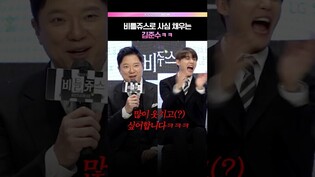
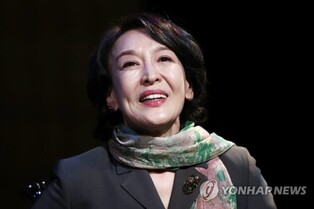
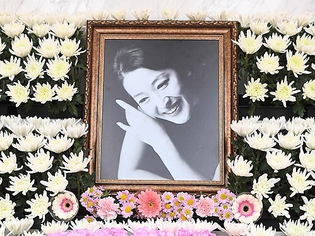
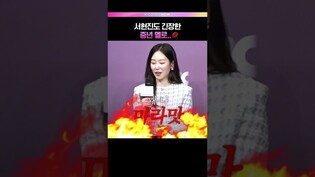

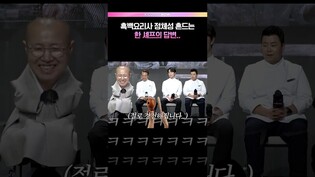
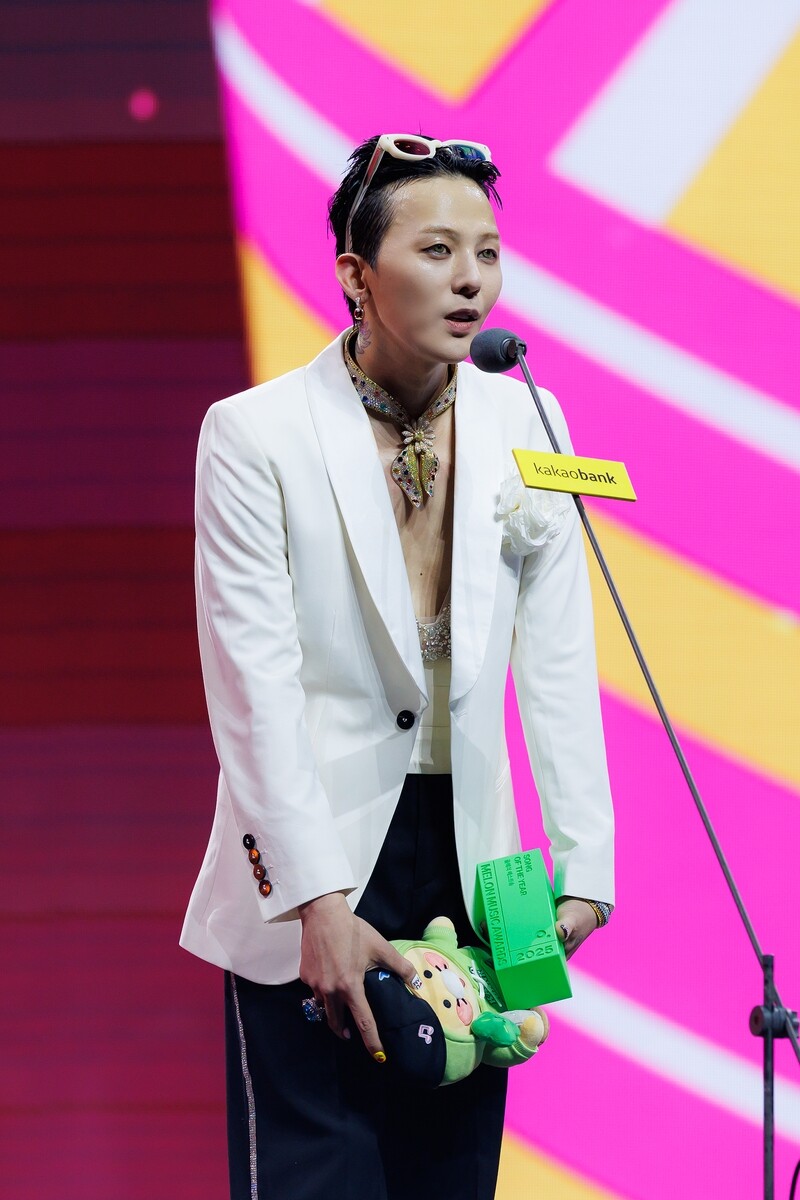

![[가요소식] TXT](/news/data/20251220/yna1065624915960696_833_h2.jpg)
